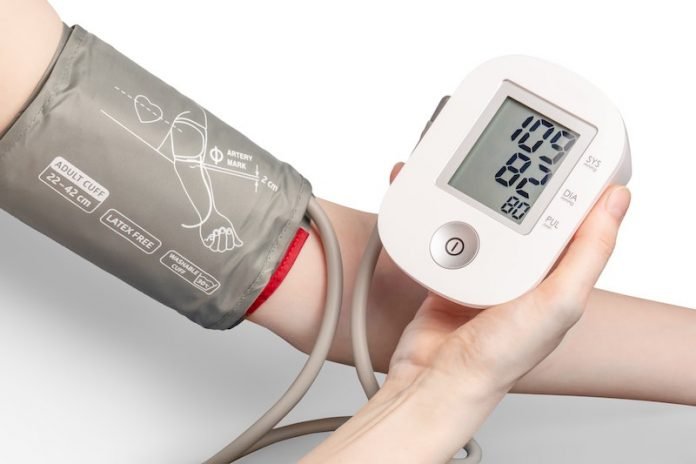
More than half of adults 65 and older report taking four or more prescription drugs, according to a 2019 Kaiser Family Foundation report.
In an effort to reduce potential adverse events, there’s been a recent movement to de-prescribe, or cut down on the number of medications taken by older patients.
weight loss and reduced-sodium diets could effectively replace the use of hypertension medications in older adults.
But in a new study from Beth Israel Deaconess Medical Center, researchers found that substitution of blood pressure medications with lifestyle interventions is not without risks.
They found that while weight loss and reduced-sodium diet—alone or combined—did temporarily lower blood pressure, the lifestyle interventions demonstrated poorer long-term blood pressure control than blood pressure meds.
In the study, the team re-analyzed data from the TONE study, in which nearly 1,000 adults 60-80 years old taking a single blood pressure medication were enrolled.
Participants were assigned to one of four interventions—weight loss, reduced-sodium diet, both or neither—as they discontinued the medication.
The team found that blood pressure rose while patients adjusted to discontinuing hypertension medications, and it remained higher than baseline across all the randomized groups.
They also saw that sodium reduction, particularly during the drug discontinuation period, was linked to adverse events such as dizziness or light-headedness.
These findings suggest that substitution of blood pressure medications with lifestyle intervention is not without its risks.
The decision to de-prescribe is complex; the study reinforces the importance of vigilance when hypertensive medications are being withdrawn or changed.
If you care about high blood pressure, please read studies about these stroke survivors may not be prescribed enough blood pressure meds and findings of for older people, eating less salt could mean a larger fall in blood pressure.
For more information about blood pressure health, please see recent studies about sunshine may help lower blood pressure and results showing that intensive high blood pressure control may help people live 3 years longer.
The study is published in the American Journal of Hypertension. One author of the study is Stephen Juraschek, MD, Ph.D.
Copyright © 2021 Knowridge Science Report. All rights reserved.



